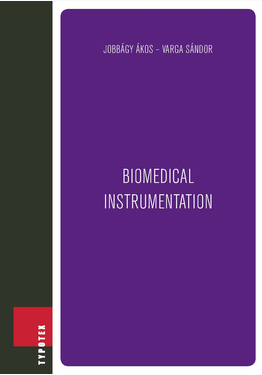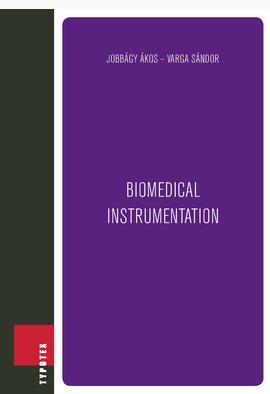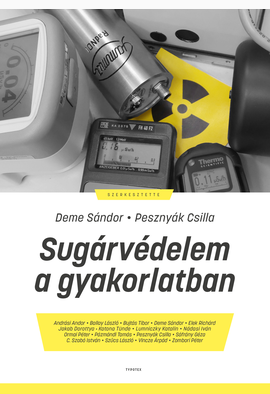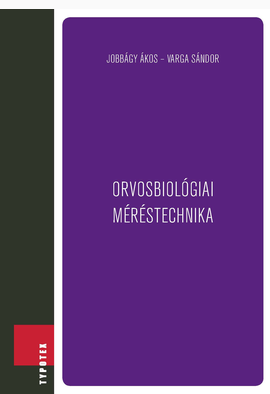Biomedical instrumentation
In developed countries the efficiency of health care is greatly determined by the available technology. More and more devices are available for the diagnosis and assessment of applied therapy. The development of such devices requires the cooperation between physicians and engineers. The aim of this book is to help the cooperation. It describes sensors, amplifiers and signal processing algorithms used to measure signals (mainly electrical) of biological origin.
Biomedical instrumentation is a compulsory subject of the Biomedical engineering program run by Budapest University of Technology and Economics and Semmelweis University of Medicine. Among the students there are both engineers and physicians. The book is not only meant for them: anyone interested in the principles applied in medical instruments can profit from it. The chapters of the book do not assume special knowledge only electrical engineers are familiar with.
The authors are convinced that the book fits for self-learning. This is supported by the animations and videos available at the specified web page. A great number of recordings (blood pressure, ECG and movement of limbs) are available from patients and healthy control persons. These real world recordings help in practicing the application of signal processing algorithms. Readers are suggested trying out to determine important parameters (e.g. amplitude and time values of ECG) of noisy biological data.
Jobbágy Ákos - Varga Sándor: Biomedical instrumentation című e-könyve elérhető az Interkönyv oldalán a következő formátumokban: pdf.


 ikonra.
ikonra.



